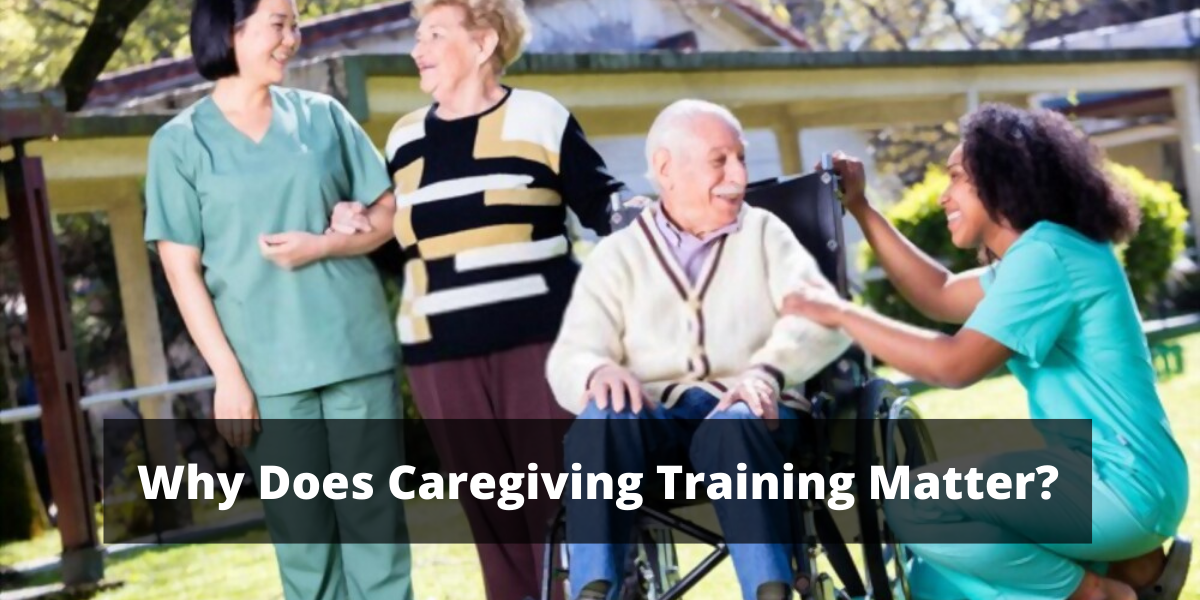A good caregiver needs a wide range of skill sets to meet different challenges at work. From medication management to respect the resident’s privacy while offering personal care, caregivers have a lot of tasks on their plate. Reputed care homes provide their caregiving staff with adequate training in these areas. If you are a care home manager, here are some useful insights of caregiving training:
1. Benefits of better training:
With training, you gain empowered caregivers who are confident in their ability to provide quality care to residents. There are many benefits to be gained from better training. Some of them are:
- Improved productivity and efficiency: Caregivers tend to work more efficiently and productively when they are better trained. A confident caregiver with his or her attitude will make residents feel at ease.
- Caregivers become more organized: Caregivers’ to-do lists can change rapidly. An organized caregiver will be able to prioritize everyday tasks more efficiently while following the procedures of the care home. Being organized can help them work efficiently and methodically. They can complete the assigned task within the timelines without any errors.
- Increased resident safety: When caregivers are properly trained, they are more likely to follow safety procedures and protocols.
- Improved morale: Training and professional development make caregiving staff feel valued. This can lead to a more positive work environment and higher levels of job satisfaction.
2. Key areas for training:
Here are some of the key areas that you should consider while preparing a training program for the caregiving staff:
- Communication: Caregivers often have to care for people with learning disabilities and dementia. To provide quality care to such residents, it’s important that caregivers understand the residents well and make themselves clearly understood. It’s important for them to get training on communicating clearly, diplomatically, tactfully, and with respect for the feelings of others. Besides working on their oral and written communication, they have to understand the non-verbal cues of residents that they care for.
- eMar chart training: If your care home is using eMAR for medication management, it is important that the caregiving staff get proper training. To provide quality care, caregivers need access to important data at the right time and at the right place and this is where eMar chart training comes in handy. eMAR can help caregiving staff in medication administration. The staff will receive alerts and notifications before scheduled doses so that the residents don’t miss any doses. Also, the staff will not have to go through piles of papers to make reports for audits. Here’s a useful read on the benefits of eMAR.
If your care home is planning to switch to an eMAR nursing chart, book a demo today. All the training and setup can also be implemented remotely for you.
- Resident hygiene: A well-trained caregiver respects the privacy of the residents and still can recognize when they need help with personal care activities such as bathing, grooming, and toileting.
- People skills: A caregiver must like people in general and enjoy working with them. When caregivers are trained to build people skills, they can nurture constructive relationships with other team members and residents.







